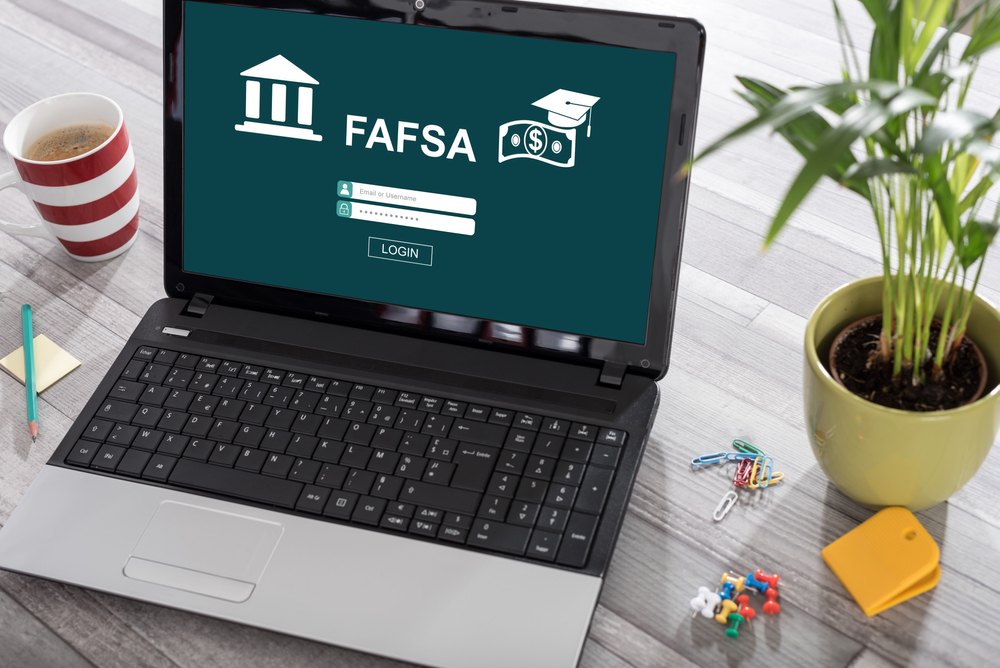Overview
On October 1st, the Free Application for Federal Student Aid form (FAFSA) became available for the 2022-2023 school year. This is the application form used for Federal tuition assistance, but the application may also be used by your state and individual colleges and universities.
Not Expecting Aid?
Even if you do not expect your child to receive financial aid, the FAFSA application is necessary to qualify your child for federal student loans and determine whether the loan is subsidized.
Subsidized federal student loans do not begin to accrue interest while the student is still in school.
Unsubsidized student loans may defer interest until the student graduates from school. However, on unsubsidized loans, interest accrues from the date of each new loan grant.
Know Your Deadlines
Be sure to check the application deadlines for your state and for the colleges and universities your child may be interested in applying to. Each school may have a different deadline. Some Southern colleges, for example, have deadlines as early as October 15th. You can check on FAFSA related deadlines here.
What is Your EFC?
The federal government uses a proprietary formula to calculate the expected family contribution, or EFC, for students applying for aid. Generally, families with higher incomes and more assets are expected to contribute more towards their children’s education.
One product of the FAFSA application process is the student aid report. This report can be sent to individual colleges and universities. Even if your EFC is high, colleges and universities may use the student aid report to determine school specific awards based on needs.
Other Awards
School specific awards and scholarships may also be available based on talent measured by your child’s academics and/or ACT or SAT test scores. In recent years, however, use of standardized tests such as the ACT and SAT have come under pressure as biased.
The 2020 pandemic had a major impact on standardized testing as well. Many ACT/SAT exam dates were postponed or cancelled due to pandemic related precautions or staffing issues making it difficult for students to take the exams.
High School Help
Also, watch for high school college prep meetings, and better yet, schedule a meeting with your child’s high school advisor. High school advisors are generally knowledgeable about the FAFSA process, the college application process, and important information you and your child should know about certain colleges and majors.
Disclaimer
This material is provided by Schmitt Wealth Advisers for informational purposes only. It is not intended to serve as a substitute for personalized investment advice or as a recommendation or solicitation of any particular security, strategy or investment product. Opinions expressed by Schmitt Wealth Advisers are based on economic or market conditions at the time this material was written. Economies and markets fluctuate. Actual economic or market events may turn out differently than anticipated. Facts presented have been obtained from publicly available sources (unless otherwise noted) and are believed to be reliable. Schmitt Wealth Advisers, however, cannot guarantee the accuracy or completeness of such information. Past performance may not be indicative of future results.

